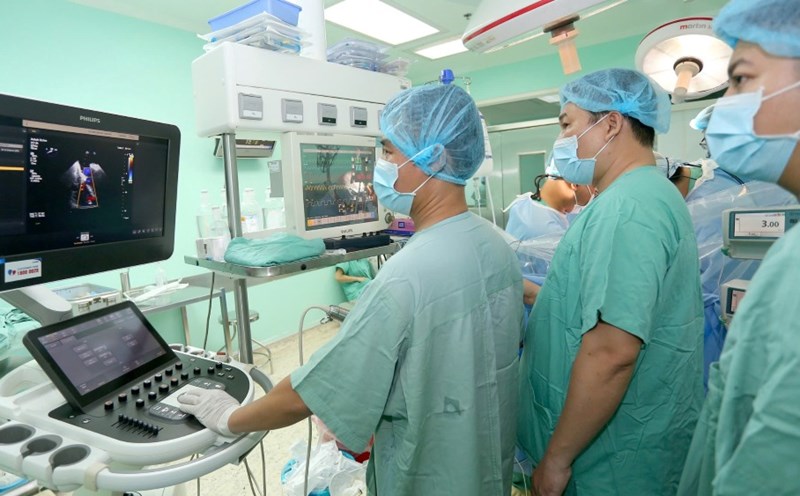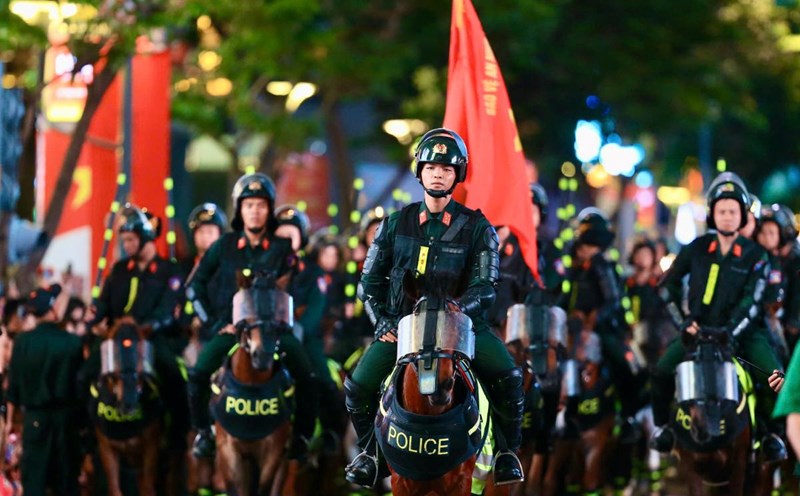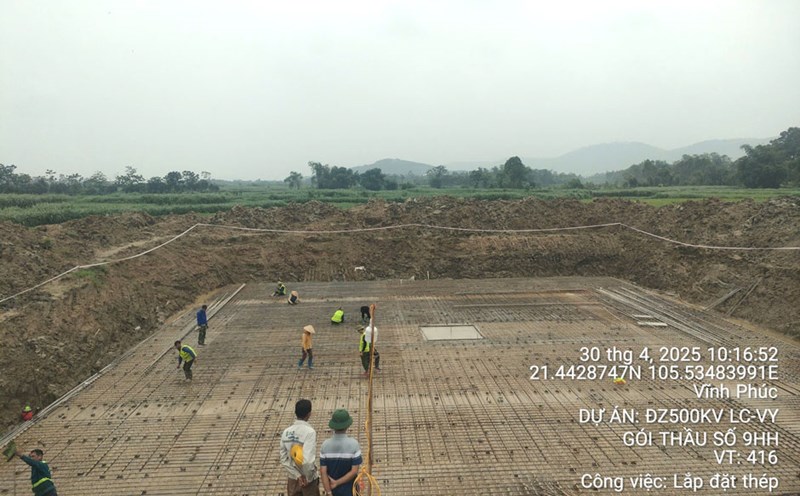This is not only the revival of a heart, but also a story of the extraordinary determination of a soldier who has gone through many historical ups and downs and the harsh challenges of life.
Nearly 50 years ago, the young man Le Van Vinh enthusiastically took the path to join the army, participating in the fight to liberate Cambodia from the elimination regime.
On a battlefield filled with smoke and fire, he faces a danger zone, where the line between life and death is fragile. But that soldier was not afraid, fighting steadfastly until the day of victory, returning with sharp wounds on his body.
However, when he thought that life was stable, warm with his wife and children, and his economy was stable, he entered another battle - the battle with a dangerous illness.
Dr. Pham Tien Quan, Head of the Department of Cardiovascular - Thoracic Intensive Care, Center for Cardiology and Thoracic Surgery, Viet Duc Friendship Hospital, said: Before receiving the heart transplant, Mr. Vinh's condition was very serious. He had a coronary artery disease and had a stent, but his heart function was declining, accompanied by severe arrhythmia. Despite optimal treatment, the condition continued to worsen.

Two weeks before the heart transplant, he had a brief stroke, a brain MRI showed a small area of cerebral infarction, leading to sequelae of language disorder (language disorder), luckily not paralyzed.
In addition, he had a history of stomach cancer surgery 6 years ago. When treatments are no longer effective, heart transplantation becomes the only solution to prolong life and improve quality of life.
After careful consultation, the hospital's Scientific Council decided to perform a heart transplant. Dr. Pham Tien Quan emphasized: "If there is no heart transplant, the risk of death is very high. Based on experience, we have successfully transplanted many elderly patients, even some people in their 70s are still recovering well."
The surgery went more smoothly than expected. After the transplant, Mr. Vinh regained consciousness quickly and had his air intake taken off the next day. More than 3 weeks later, he was eligible for discharge and had no neurological sequelae.
Mr. Vinh emotionally shared: "I have faced death on the battlefield many times, but in this battle with disease, without the medical team and the kindness of the heart donor, I probably wouldn't have been able to continue living."
Dr. Pham Tien Quan added: "After discharge, patients need to strictly follow the treatment regimen, maintain a healthy lifestyle, take the prescribed medicine and have regular check-ups to ensure sustainable heart transplant results".
Knowing that Mr. Vinh was conscious after the heart transplant, his teammates who had accompanied him to give birth and die on the battlefield went to the hospital to congratulate him and recount emotional stories together. The soldier of the past, now returning healthy in the arms of his comrades, still remembers the glorious time.
Every day he returned home, Mr. Vinh walked with a new heart, carrying hope for a brighter future ahead.











